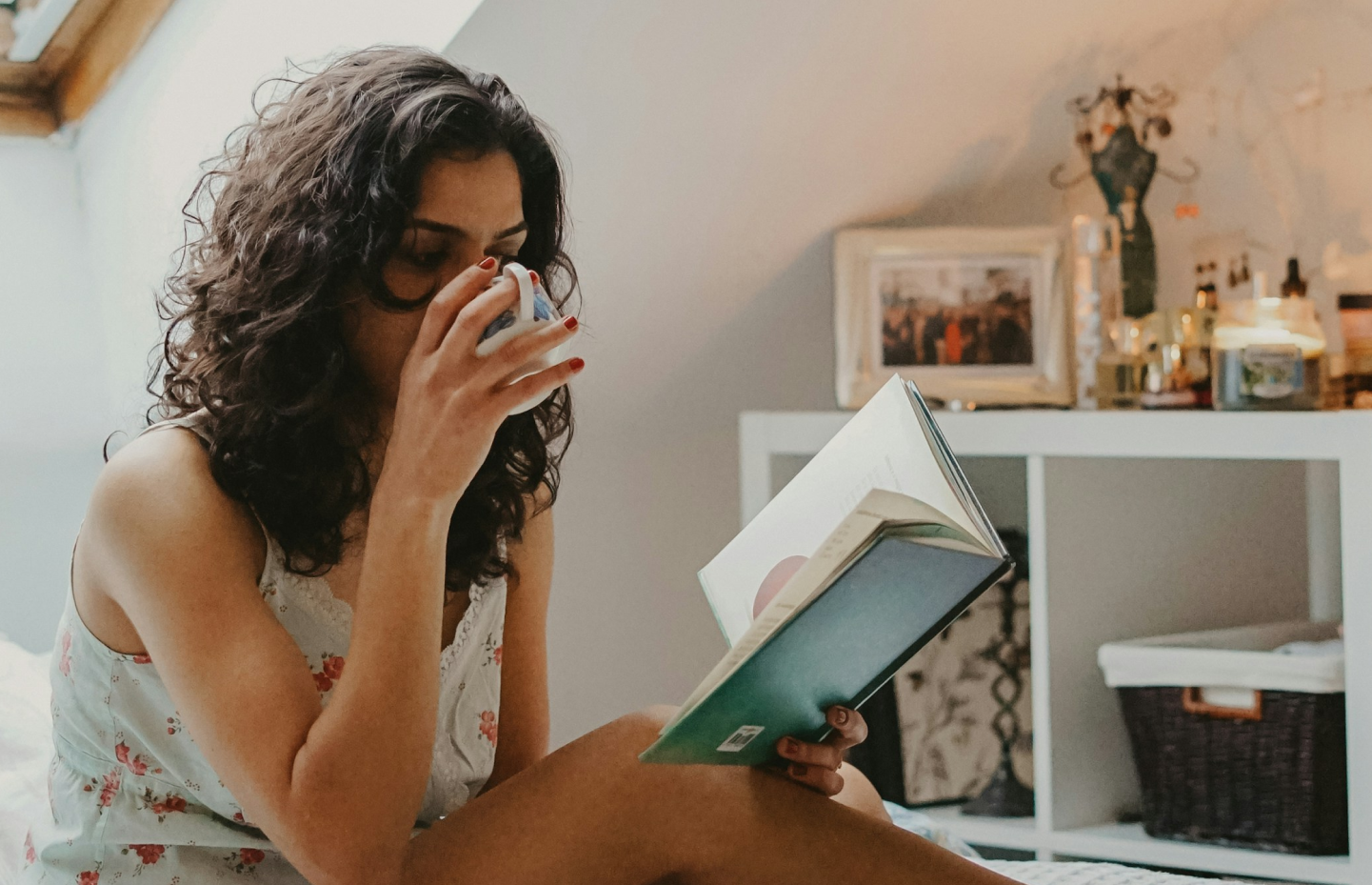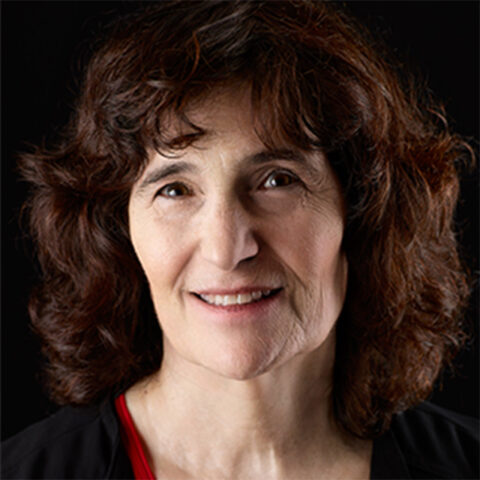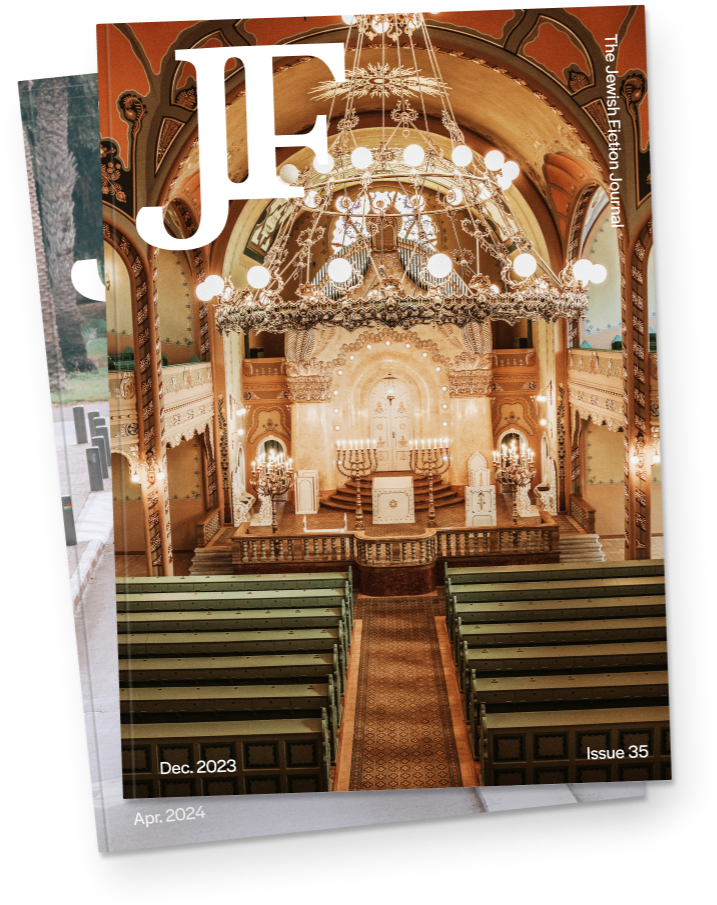Anonymous (2)
These pages include stories that are subscriber-only.
Browse by Theme Browse by Original Language Browse by Author Browse by Issue
In addition to the current issue (which is always free), we’ve put together a selection of stories that anyone can access even without a subscription. Find available stories easily by looking for cards without this icon
Albanian, Croatian, Czech, Danish, Dutch, English, French, German, Greek, Hebrew, Hungarian, Italian, Ladino (Judaeo-Spanish), Polish, Portuguese, Romanian, Russian, Serbian, Spanish, Turkish, Ukrainian, and Yiddish.

Editor-in-Chief
Dr. Nora Gold is the prize-winning author of five books: Marrow and Other Stories (winner of a Canadian Jewish Book Award and praise from Alice Munro); Fields of Exile (winner of the inaugural Canadian Jewish Literary Award and praise from Ruth Wisse and Irwin Cotler); The Dead Man (awarded a Canada Council Translation Grant and published in Hebrew in Israel); and most recently, 18: Jewish Stories Translated From 18 Languages (2023, Finalist for a Foreword Indie Book Award and acclaimed by Cynthia Ozick and Dara Horn), and In Sickness and In Health / Yom Kippur in a Gym (two novellas) (2024), which has been enthusiastically received internationally.
Dr. Gold received her PhD from University of Toronto and was a tenured professor until she left academia in 2000, in order to write fiction full-time. Since then, in addition to writing, she has founded and led Jewish Fiction, and co-founded three progressive Zionist organizations in Canada. Dr. Gold is active on social media, especially LinkedIn where she has over 100,000 followers. noragold.com
Jewish Fiction is profoundly grateful to our dedicated manuscript reviewers and editors for their intelligence, generosity of time and spirit, and commitment to Jewish literature.
Dr. Charlotte Berkowitz received her BA in French from Hofstra University and both her MA in Creative Writing and Ph.D. in English from the University of Houston, where she later taught English and Women’s Studies. Dr. Berkowitz’s work on the capacity of the Torah to humanize self-styled “man(kind)” appears in the Routledge anthology, Religion in French Feminist Thought, and in such journals as The European Legacy, The Bible and Critical Theory, PMLA, and Interdisciplinary Humanities. She is currently working on a similarly themed book, and she facilitates a memoir writing group for retired physicians.
Sarah Frank (Editorial Assistant) graduated from Arizona State University with a Bachelor of Arts degree in English in June 2024. While studying, she pursued a career in classical ballet and currently dances with Portland Ballet as an apprentice. Sarah recently interned for Jane Rotrosen Literary Agency. Passionate about Jewish storytelling, she is excited to be a part of Jewish Fiction.
Dr. Bernice Heilbrunn earned a BA and MA in History and a JD from Harvard. She returned to school for a PhD in History from the University of Houston, where she helped to create the Jewish Studies program and taught its first classes. She enjoys teaching adults in Houston’s Evelyn Rubinstein JCC Center for Jewish Living and Learning program, as well as local congregations.
Sidura Ludwig is an award-winning writer for children and adults. Her short story collection You Are Not What We Expected won the Vine Award for Canadian Jewish Literature and was short-listed for the Danuta Gleed Literary Award. Her novel Holding My Breath was a finalist for the Carol Shields Winnipeg Book Award. She holds an MFA in Writing for Children and Young Adults from Vermont College of Fine Arts and a Master of Journalism from Carleton University. Her first picture book, Rising, debuted in May 2024. Her middle grade novel, Swan: the Girl Who Grew, comes out September 2024. Sidura Ludwig lives in Thornhill, Ontario with her family.
Dr. Carol Ricker, PhD, is an educational consultant with a background in English education, women’s and cultural studies, and contemporary literary criticism. Her publication record includes articles in refereed journals, book chapters, and curriculum resources. A long time anti-bias educator, she develops materials to encourage students (and adults) to read widely in order to become familiar with events, cultures and values different from their own, and to read critically for how authors address issues of identity, representation and power arrangements in their work.
Julia Wolf Mazow, PhD, was the Fiction Editor of Lilith magazine from 1984-1995, and was on the English faculty of the University of Houston for over twenty years. She then spent six years teaching courses on Yiddish women writers in the Melton Adult Education program at the Evelyn Rubinstein JCC. Mazow’s work on 19th century American writers has appeared in various academic journals, and she compiled and edited The Woman Who Lost Her Names (1980, 1981). Other articles have appeared in Bridges Sojourner, Lilith, and The Jewish Woman: An Historical Encyclopedia.
We also acknowledge with appreciation the contributions of our previous manuscript reviewers and editors.
Jewish Fiction is greatly honoured by, and appreciative of, our eminent, supportive, and very knowledgeable Advisory Council.
Dr. Ellen Frankel served for 18 years as Editor in Chief of The Jewish Publication Society. She received her B.A. from University of Michigan and her Ph.D. in Comparative Literature from Princeton. She is the author of twelve books, including The Encyclopedia of Jewish Symbols; The Five Books of Miriam; JPS Illustrated Children’s Bible, and the three volume The Jerusalem Mysteries. Frankel has written librettos for chamber pieces, including “Hagar,” “Mothers of Moses,” and “The Esther Diaries,” and two operas, Slaying the Dragon and The Triangle Fire. Philadelphia’s Mendelssohn Chorus has performed her cantatas, The Golem Psalms and Beyond the Binary. Frankel is currently working on a novel.
Joseph Kertes founded Humber College’s creative writing and comedy programs and was the recipient of numerous awards for teaching and innovation. Kertes was born in Hungary but escaped with his family during the Revolution of 1956. He studied English at York University and the University of Toronto. He was for many years Humber’s Dean of Creative and Performing Arts. His first novel, Winter Tulips, won the Stephen Leacock Award for Humour. His third novel, Gratitude, won a Canadian National Jewish Book Award and the U.S. National Jewish Book Award for Fiction. His novel, The Afterlife of Stars, was a New York Times Book Review Editor’s Choice. His latest novel is called Last Impressions, a finalist for a second Leacock Award. He was the recipient of the 2017 Harbourfront Festival Prize for his contribution to literature and to the literary community.
Michael P. Kramer, PhD, is Professor Emeritus and former director of the Shaindy Rudoff Graduate Program in Creative Writing at Bar Ilan University, Israel. A scholar, editor and translator, he has published widely on Jewish and Jewish American literature. His recent projects include: an annotated translation of S.Y. Agnon’s And The Crooked Shall Be Made Straight (Toby Press); a special issue of Studies in American Jewish Literature on “The Literature of Jewish American Periodicals” (forthcoming); an anthology of Emma Lazarus’s poetry and prose for The Library of the Jewish People (in progress); and a translation from Hebrew of award-winning author Roy Chen’s novel, Neshamot (in progress). He is a Fellow of the Sami Rohr Institute for Jewish Literature.
Norman Manea, born in Bukovina, Romania, was deported as a child to the concentration camp in Transnistria and was persecuted by the Communist dictatorship in Romania. He left Romania in 1986, lived one year in West Berlin, and moved to the United States in 1988. He is the author of prose and essays that has been translated into more than twenty languages, and the laureate of several international literary prizes (among them the McArthur and Guggenheim Fellowship Awards, the Italian international Nonino Prize for literature, and the Prix Medicis Etrangère). He is a member of the Berlin Academy of Art, and was decorated with the Légion d’honneur by the French government. Manea is also a former Professor of European Culture and Writer-in-Residence at Bard College.
Thane Rosenbaum is a novelist, essayist, law professor and Distinguished University Professor at Touro University, and the author of numerous books of fiction and nonfiction. including, How Sweet It Is!, The Golems of Gotham, Second Hand Smoke, and the novel-in-stories, Elijah Visible. He is also the author of the forthcoming young adult novel, The Stranger Within Sarah Stein. He is a Columnist for the Jewish Journal, for which he has received the Louis Rapoport Award for Excellence in Commentary, and the Simon Rockower Award for Excellence in Cultural Criticism. He is a Contributor to the White Rose Magazine and a Senior Political Analyst for the Jewish TV Channel. He has written widely for major news publications and appears on cable news channels. He is the creative director of the Forum on Life, Culture & Society.
Steve Stern was born and raised in Memphis, Tennessee. He has published a number of novels, novellas, and story collections, including The Wedding Jester, which won the National Jewish Book Award. He has been the recipient of grants from the Fulbright and Guggenheim foundations, and taught creative writing at Skidmore College for thirty years. His forthcoming novel is A Fool’s Kabbalah.
We acknowledge with gratitude the contributions of Alice Shalvi, z”l, and Nava Semel, z”l, formerly members of our Advisory Council. May their memories be a blessing.





Anonymous (2)
Stephanie and Dennis Cohen
Lois and Larry Frank
Lynn Gold
Rabbi Janet Madden, PhD
Rochelle Rubinstein
Gerald Sheff and Shanitha Kachan
Lewis Moyse
Herb and Alice Zarov
Anonymous (2)

By clicking "Sign Up", you are agreeing to our Terms and Conditions